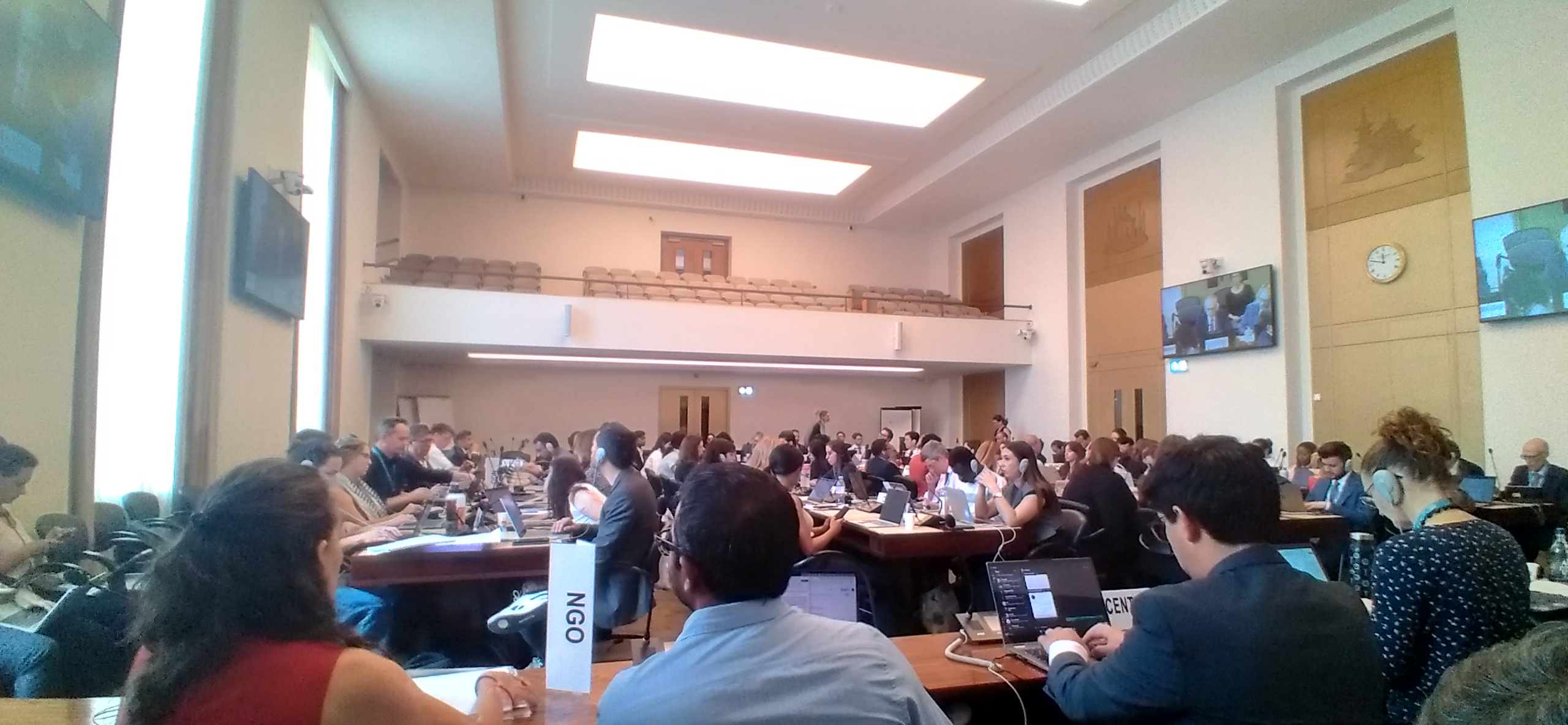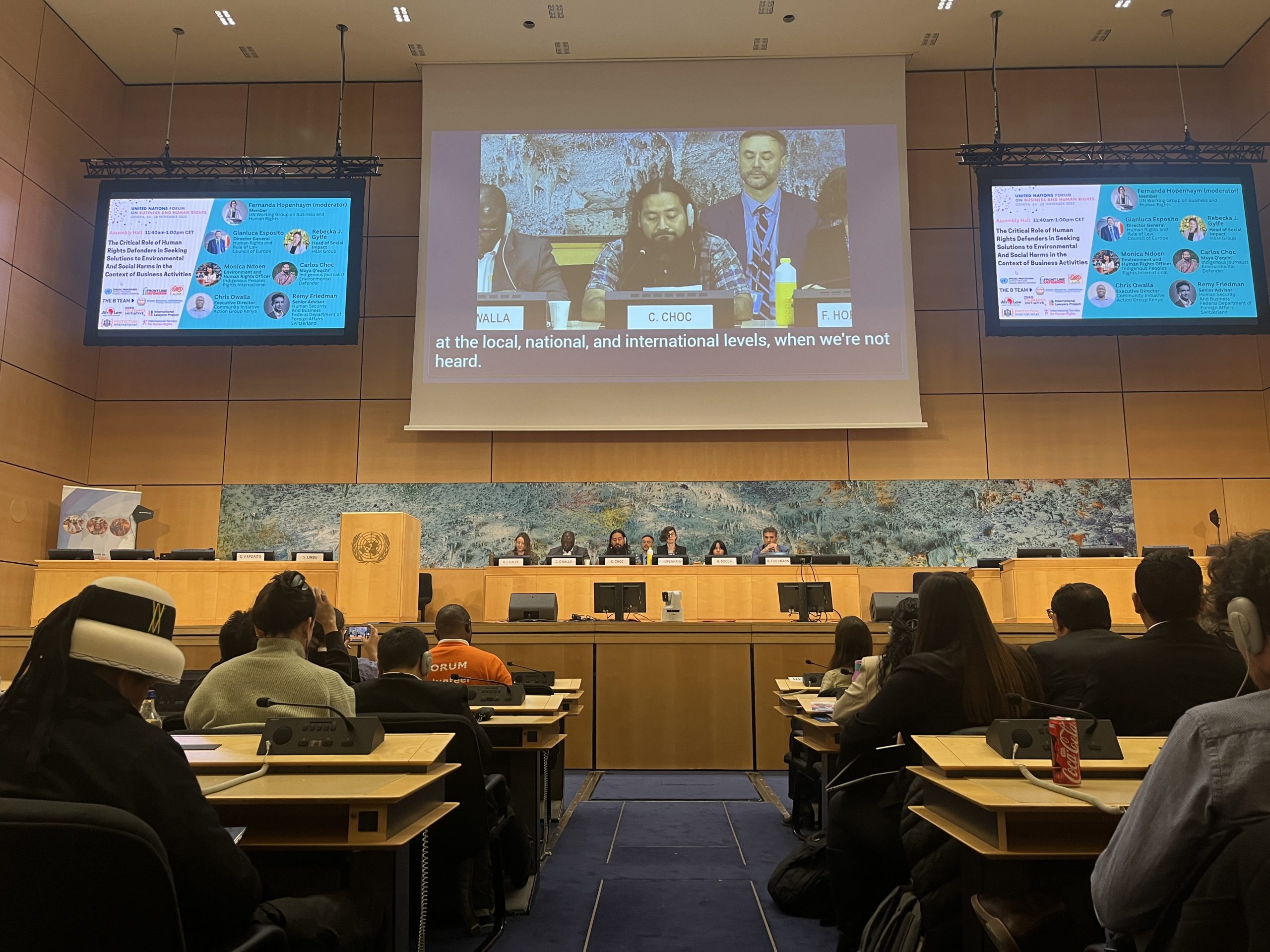At the second intersessional consultations on the Legally Binding Instrument (LBI) on transnational corporations and human rights, held on 3–5 June 2025, many civil society interventions converged on a key concern: the lack of hybrid participation. The fully in-person format excluded numerous voices, particularly those of defenders, women, and affected communities in the Global South. Civil society repeatedly called for future sessions to ensure inclusive and accessible processes.
Discussions on Article 6 revealed tensions between States advocating for strong, mandatory due diligence measures and those preferring more flexible, nationally defined obligations.
ISHR delivered a statement on behalf of Feminists for a Binding Treaty (F4BT), stressing the need for mandatory human rights and environmental due diligence, meaningful consultation with affected communities, and explicit inclusion of human rights defenders in key provisions. The statement also called for integrating a gender-responsive approach and reintroducing references to environmental harm and corporate influence in political spaces.
ISHR also joined a statement with FORUM-ASIA based on their broader general contribution to the intersessional process. The contribution expressed serious concern over the weakening of human rights language in the draft treaty and the barriers to meaningful participation, particularly for affected communities across Asia.
It emphasised the need of safe and meaningful participation of defenders to prevent businesses’ abuses and to ensure the respect for human rights defenders as part of the mandatory due diligence. The statement also includes the recognition of collective harm, and strong procedural safeguards, including precautionary measures. The joint statement reiterated these concerns in relation to Article 6, highlighting the importance of clear obligations around Free, Prior, and Informed Consent, protections from strategic lawsuits against public participation (or SLAPP suits) and judicial harassment; and explicit references to environmental harm and the role of defenders in prevention.
While Articles 8 (legal liability), 10 (jurisdiction), and 11 (applicable law) were also discussed, they prompted fewer interventions by States. Nonetheless, issues such as extraterritorial obligations, legal clarity in the article on liability, and applicable law remained important points of attention.
The next opportunity for negotiation will be the 11th session of the IGWG in October, as the August intersessional consultations have been cancelled due to the liquidity crisis. ISHR will continue advocating for a treaty that centres the rights of affected communities and ensures strong, binding protections for human rights defenders and communities.




